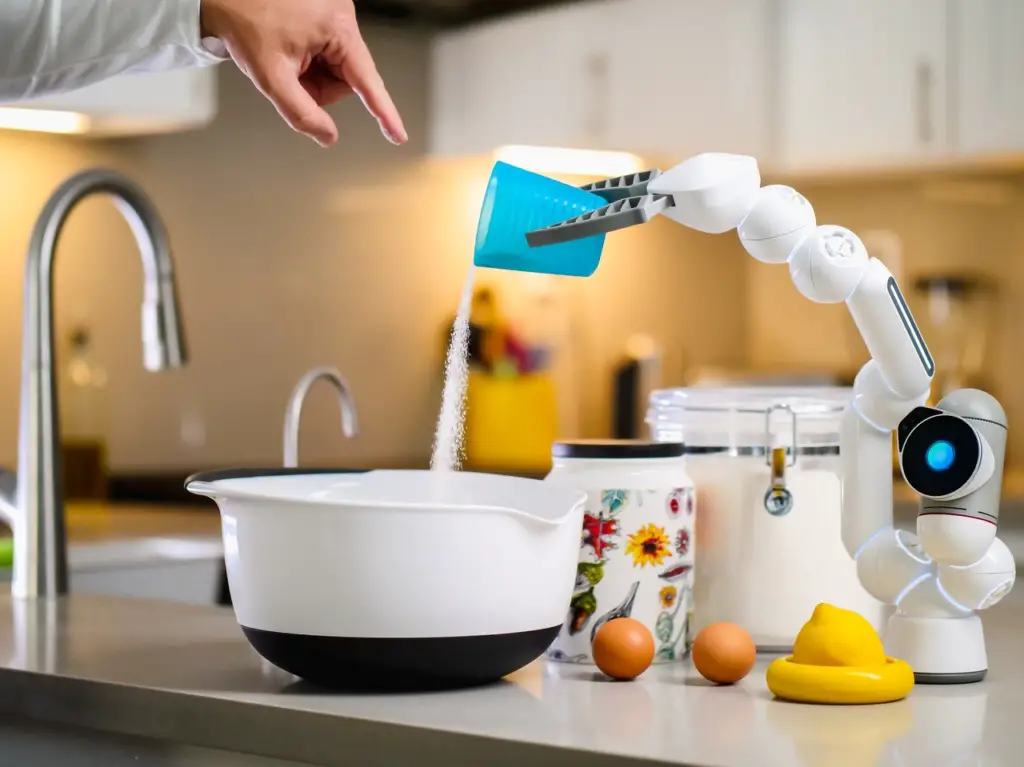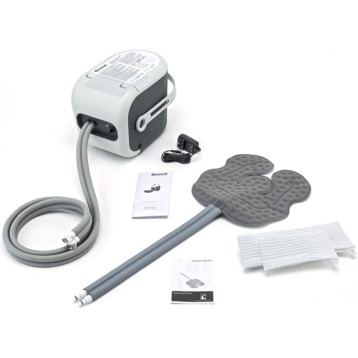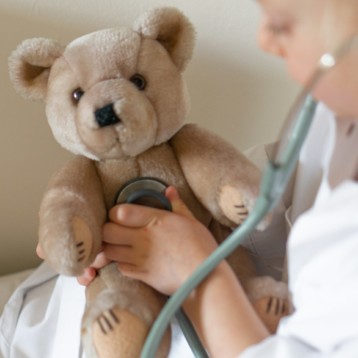
Technology has changed so many things in our lives for the better, helping immensely in so many different industries and fields. Healthcare is one particular area where technological innovations have made massive improvements, saving countless lives in the process. It might, then, be worth looking at some of the newest innovations in technology that could have a major impact on healthcare going forward. But before we do that, here is a brief look at the impact technology has already had on healthcare.
How Technology has Shaped Healthcare
Vaccines
Although there have been many innovations in healthcare over the years, vaccines are perhaps one of the most innovative developments that have helped to eradicate or control many infectious diseases including the deadly diseases of smallpox, cholera, and tuberculosis. Indeed, during the Covid-19 pandemic, the advancements in vaccine development were abundantly evident, with a number of new vaccines created and approved for use in a fraction of the time that previous vaccines had taken. This was made possible by a new technology known as mRNA (messenger ribonucleic acid).
In the past, vaccines worked by injecting a small amount of the virus or disease into the patient, which would then help the individuals in question develop antibodies that would prevent them from contracting the virus itself.
mRNA works differently in that it uses synthetic ribonucleic acid that is injected into the patient’s immunity cells. This then provides the genetic code that encourages the production of viral proteins. The body goes on to develops an immune response that ultimately protects against the virus.
The great news for the world is that it turns out that mRNA vaccines can be produced in a much quicker timeframe than traditional vaccines. The manufacturing process is significantly reduced because the body creates the viral protein rather than this having to be done in a lab. In addition to being quicker to create and produce, mRNA vaccines are also much cheaper to make.
mRNA Covid-19 vaccines were ready for use within months, paving the way for similar vaccines to be created and used to protect against other viruses such as Zika, Ebola, and influenza.
Keyhole Surgery
Keyhole surgery, or minimally invasive surgery as it is also known, is another innovation that has transformed the lives of millions of people. Advancements in technology have allowed surgeons to perform operations that would have previously involved much longer surgery and recovery times. In recent years, robotics developments have improved surgery times even further with precision cutting that also dramatically reduces scarring and results in less pain for the patient.
Electronic Health Records
It might sound strange to think of electronic health records as an innovation in the healthcare industry, but the introduction of computerised medical records has resulted in a dramatic reduction in mistakes leading to hospitalisations. With records now held on national databases, there is far less chance of medical staff being unaware of previous diagnoses or of medication a patient is taking that could cause a serious interaction with a new medication.
The previous system used paper records that often led to missing medical information. These days, patient information is collected and recorded on a database that can be accessed by medical staff throughout the country. However, like all companies and entities, medical providers must also adhere to GDPR (general data protection regulation) rules, in order to protect patient information. Many will use GDPR audit consultancy services to ensure they are following the rules correctly.
The Future of Healthcare
With the frenzied rate of development in technology continuing without abate, it comes as no surprise that healthcare innovations are expected to transform the industry in the coming years. Below we have listed just some of the ways in which we are expecting huge changes to healthcare delivery.
Artificial Intelligence
For some, the term ‘artificial intelligence’ calls to mind images of movies such as The Terminator or i-Robot, where robots have developed self-awareness and are taking over the Earth. However, those in the field of AI are working hard to create intelligent computer programs and machines that will transform our lives for the better instead of trying to end them!
One such beneficial use of AI is in the diagnosis of specific cancers. Scientists are currently developing intelligent programs that will be able to analyse enormous amounts of data and then provide quick and accurate diagnosis.
Artificial 3D Organs
The 3D printer was invented back in 1983 and has subsequently paved the way for exciting innovations in medicine, offering surgeons, among other things, the ability to print artificial organs. With so many people on the transplant waiting list, and many of these never receiving the organ they need, the ability to print these vital organs is remarkable.
Scientists at the Tel Aviv University have already used human tissues to print an artificial 3D heart. This should potentially mean that other vital organs could also be printed, saving thousands of lives.
Medical Malls
Something that might seem strange to a lot of people is the introduction of medical malls, but US supermarket giant Walmart has recently opened its first health centre at which customers can avail of primary care while out doing their shopping. Things such as eye exams, routine dental work, and even x-rays are available. Customers can also take fitness and diet classes as well as a counselling session should they wish. Moreover, the affordable prices mean that even those without medical insurance can take advantage of quality care.
Amazon is also involved in the healthcare market and has purchased PillPack, which gives consumers another option when it comes to quickly receiving medication. This is great for those who take regular medication as it means that they can get their pills sorted and sent to them monthly with instructions on the dosage.
Conclusion
Healthcare is constantly evolving, and there are so many technological breakthroughs that are revolutionising this industry. So many exciting innovations have been developed in such a short space of time that we can only imagine what the future of healthcare has to offer.










